Karabakh Rivals Trade Accusations Of Breaking New Truce
Armenia and Azerbaijan accused each other of violating a new ceasefire on Sunday, as they tried for the second time in a week to bring a halt to fighting over the disputed region of Nagorno-Karabakh.
The ex-Soviet neighbours agreed to a truce from midnight (2000 GMT Saturday) following a push by international mediators to end three weeks of heavy clashes over Nagorno-Karabakh, an ethnic Armenian region that broke from Azerbaijan's control in the 1990s.
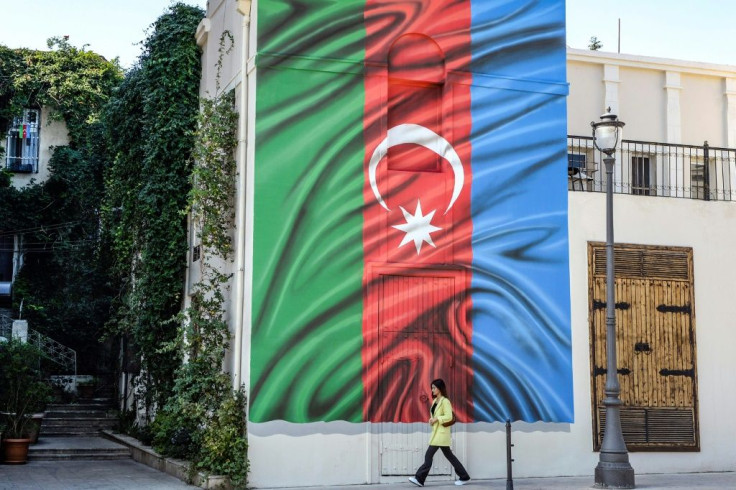
A previous ceasefire agreed a week ago fell apart amid mutual accusations and continued fighting that has left hundreds dead and forced tens of thousands from their homes.
The new ceasefire deal was announced after one of the deadliest attacks on civilians so far on Saturday, when a missile hit a residential area of Azerbaijan's second city Ganja, killing 13 people including children.
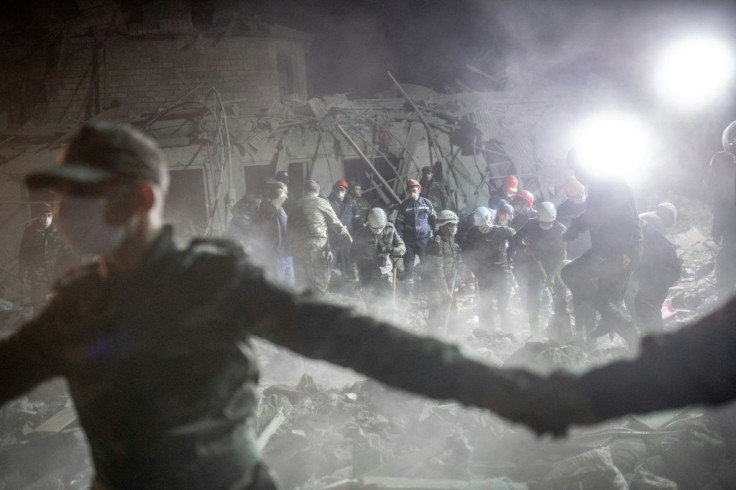
Armenia's defence ministry said Azerbaijani forces had violated the new ceasefire only minutes after it took effect, firing artillery shells and rockets in the early hours of Sunday.
Its foreign ministry said Azerbaijan had also launched an attack in a southern area of the Karabakh frontline "demonstrating to the international community its treacherous nature".
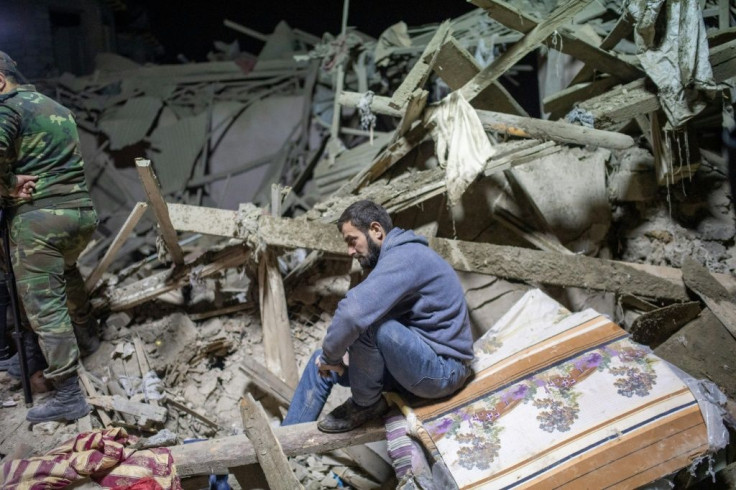
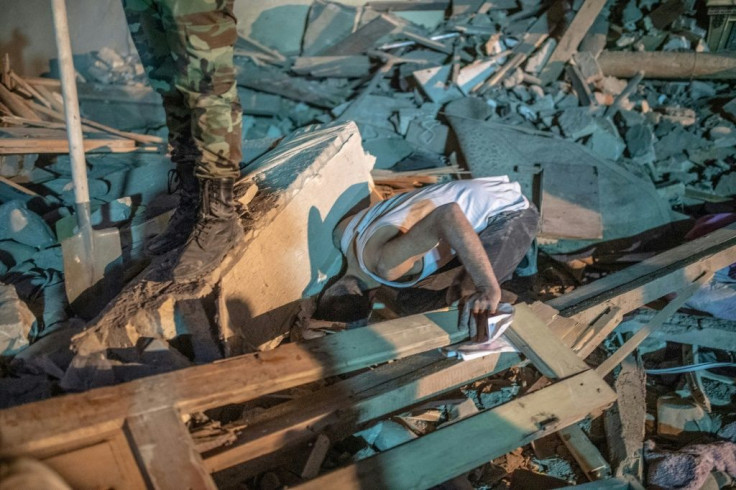
Azerbaijan's defence ministry accused Armenian forces of firing artillery and mortar shells and of launching early morning attacks along the frontline.
Armenia was in "gross violation" of the ceasefire and showing "open disrespect" for the efforts of international mediators, the foreign ministry in Baku said.

The two sides had described the agreement as a "humanitarian truce" to allow for the exchange of prisoners and bodies.
Armenia said on Sunday that Azerbaijan had "categorically rejected" an attempt mediated by the International Committee of the Red Cross to withdraw wounded soldiers from the front.
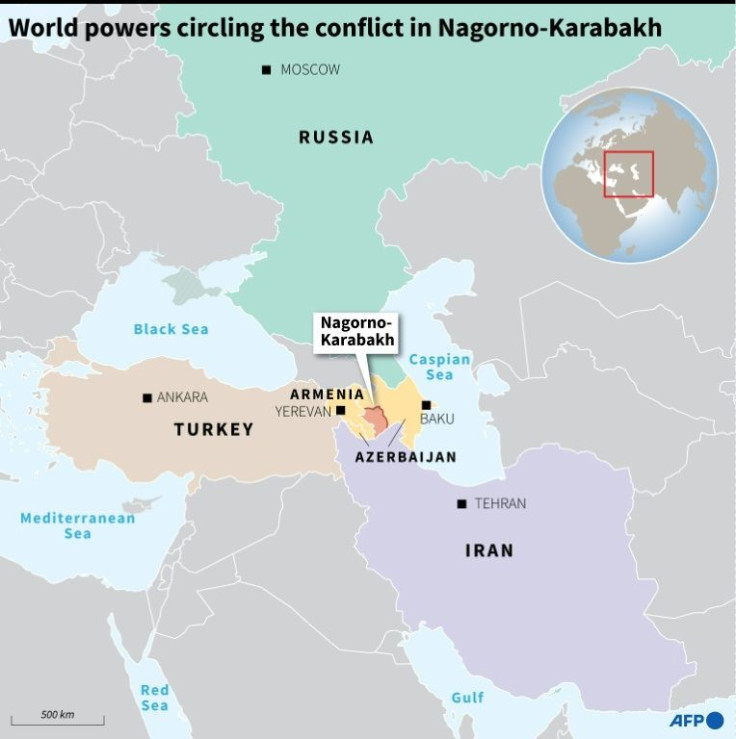
Azerbaijan said it was in talks with the ICRC and was prepared to unilaterally hand over some bodies of Armenian servicemen.
Azerbaijan and Armenia have been locked in a bitter conflict over Karabakh since Armenian separatists backed by Yerevan seized control of the mountainous province in a 1990s war that left 30,000 people dead.
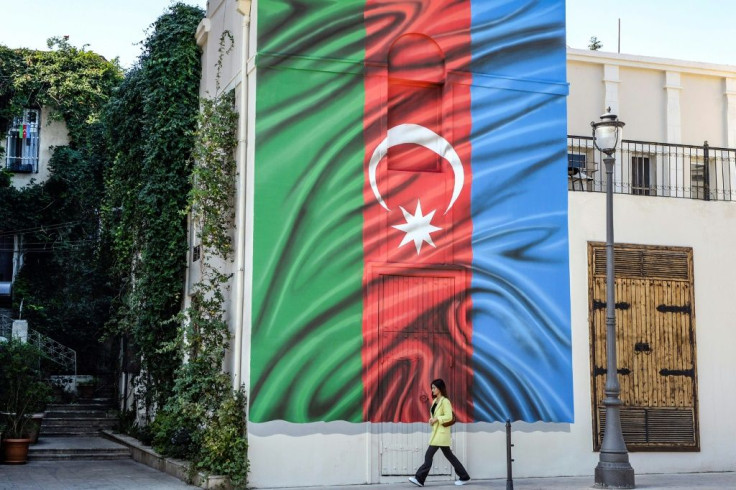
The region's declaration of independence has not been recognised by any country, even Armenia, and it is still part of Azerbaijan under international law.
The fighting that broke out three weeks ago has been the heaviest since a 1994 ceasefire and has threatened to draw in regional powers Turkey, which backs Azerbaijan, and Russia, which has a military alliance with Armenia.
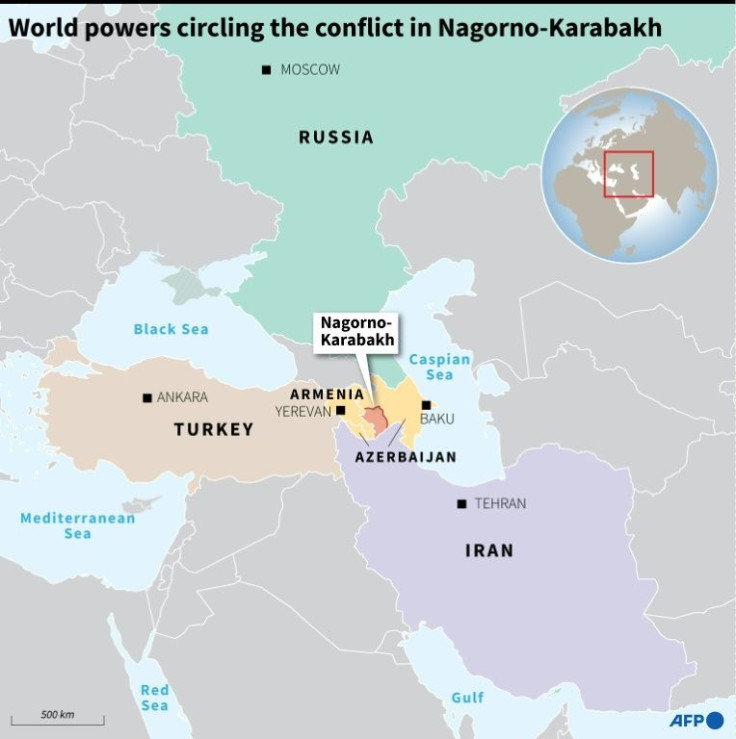
France, Russia and the United States have tried for decades to mediate a resolution to the dispute over Karabakh under the "Minsk Group", but negotiations have long been stalled.
UN chief Antonio Guterres on Sunday called on both sides to respect the new ceasefire and condemned the attacks on civilians, in particular Saturday's deadly missile strike on Ganja.
The European Union's top diplomat Joseph Borrell also deplored the violations of the truce and appealed for an end on attacks on civilians.
AFP journalists in Karabakh's main city Stepanakert said it was largely calm on Sunday, but after the failure of other ceasefire attempts and decades of mistrust, residents had little hope that a truce would hold.
"Our country is ready to respect the ceasefire but the others will not... We can't trust them," Sveta Petrosyan, a 65-year-old with two sons at the front, told AFP outside her apartment.
Two explosions were heard in the evening and a drone was shot down by anti-aircraft fire, erupting into a ball of fire as it crashed into a mountain.
In Azerbaijan's frontline town of Terter, residents told AFP there had been some shelling around midday but that Sunday was the quietest it had been in several days.
"I don't know if the ceasefire will last and I don't care," said Elshad Rezayev, 35. "They killed our women and children. All I want to do is pick up a gun and go fight them so that this is finished forever."
The clashes over Karabakh that erupted on September 27 have left more than 700 dead, including scores of civilians on both sides.
The real death toll is probably much higher, as most of the deaths have been reported among Armenian separatist forces and Azerbaijan has not released any figures on its military casualties.
Azerbaijan says it has retaken significant territory in areas along the frontline, including two regional centres -- Jabrayil and Fizuli -- in a no-man's land splitting Nagorno-Karabakh proper from territory under Azerbaijani control.
It also claims to have taken several areas of strategic high ground and on Sunday President Ilham Aliyev said on Twitter that his forces had seized the strategic Khudaferin bridge over the Aras river between Azerbaijan and Iran.
Armenia has accused Turkey of encouraging longtime ally Azerbaijan to launch the offensive to retake Nagorno-Karabakh last month.
© Copyright AFP 2024. All rights reserved.





















